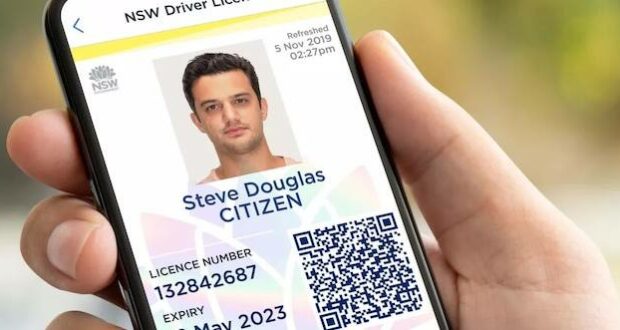A national digital identity was approved by Australia’s Senate.
With 26 lawmakers voting against the contentious measure and 33 in favor, the bill passed.
In a tweet on March 27, Senator Pauline Hanson of One Nation asserted that “no debate was allowed.”
“Anthony Albanese’s Labor government has just rammed Digital ID legislation through the parliament. No debate was allowed, and no questions were allowed to be asked of ministers,” One Nation Senator Pauline Hanson said.
After the measure is given royal assent, the use of a National ID is extended from only government services to the private sector. Lawmakers claimed it was passed quickly and without much discussion.
The bill (pdf) establishes an online identity verification network run by the central government for Australians.
Senators from the center-right Liberal Party, the United Australia Party, and the nationalist One Nation voted against the bill; Labor, the Green Party, the Jacqui Lambie Network, and David Van, a former Liberal who is now an independent, supported it.
There are those on the left and right who oppose the system.
Liberal Senator Alex Antic gathered 123,000 signatures to oppose the bill ahead of debate in the Senate.
Antic posted on social media, “This is a bill at the moment that’s pitched as though it is simply for your security, it will set up a nice friendly ID system so that you can interact with government, can interact with business,” Mr. Antic said on social media.
“But I don’t buy it. This is the first step, well the next step, in another long step towards a digital future which you don’t want. This could very comfortably be tied in with a central bank digital currency, or with the social credit score, but you need digital ID before you even get to that.”
Some Australians have claimed that their nation is infringing on their right to personal freedom. It reached a peak during COVID when police detained people who were sitting or surfing alone on the wide beaches of the nation.
–wire services
 Metro Voice News Celebrating Faith, Family & Community
Metro Voice News Celebrating Faith, Family & Community









